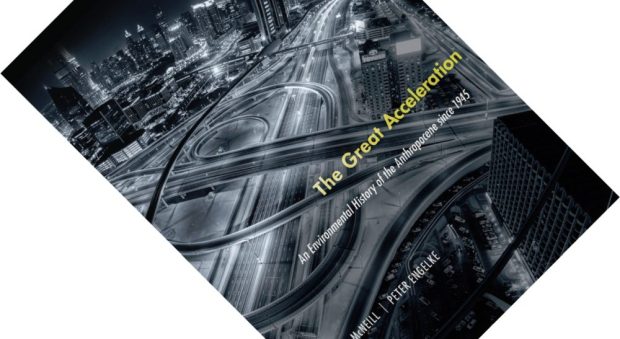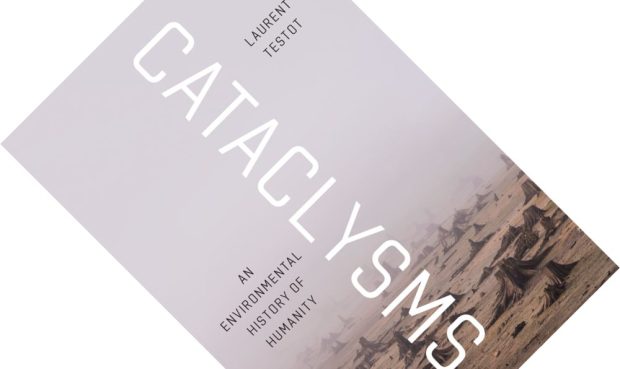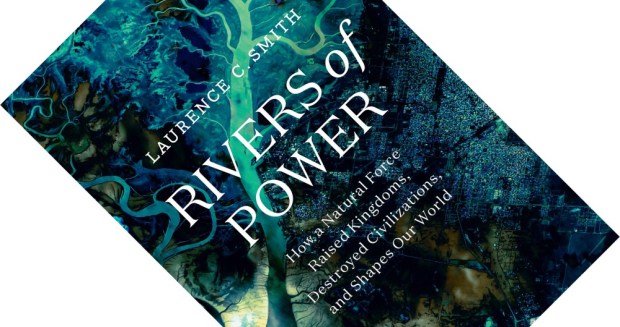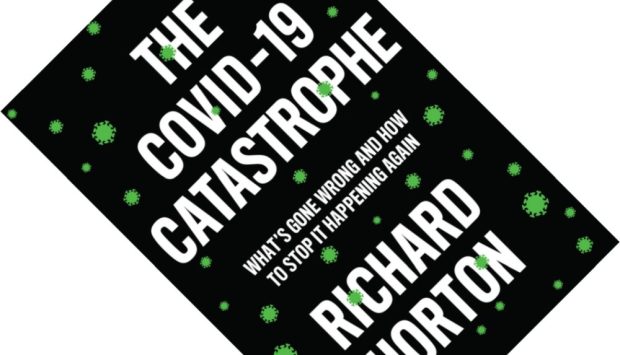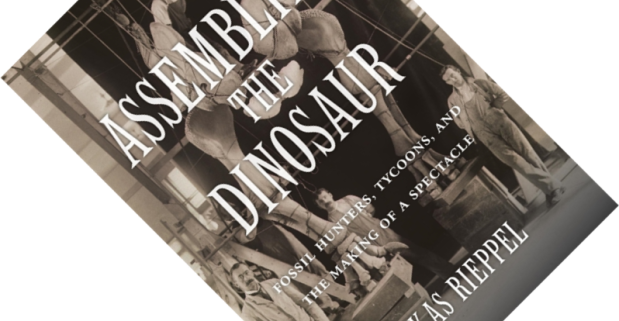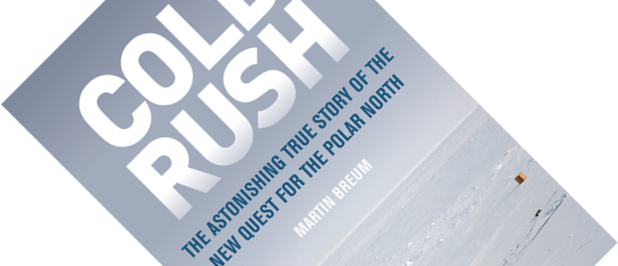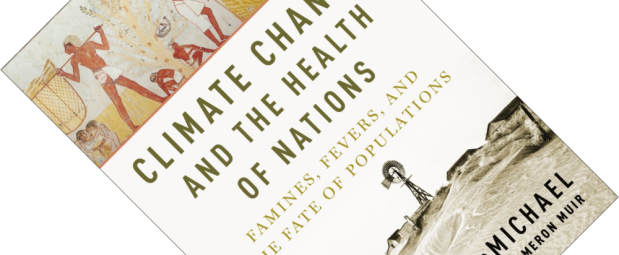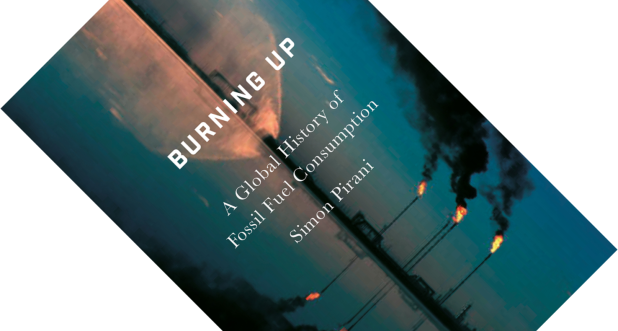7-minute read
Something happened to the world sometime after 1945. Something that included the end of World War II and post-war recovery, but was far more fundamental than that.
Humanity went into overdrive.
In my reading on the Anthropocene, this book and this phrase keep cropping up. The Great Acceleration gives a bird’s-eye view of the environmental history of our world since the 1950s. A period when multiple factors—technological, medical, and demographical—converged to propel the human species onto a trajectory of unprecedented growth.

